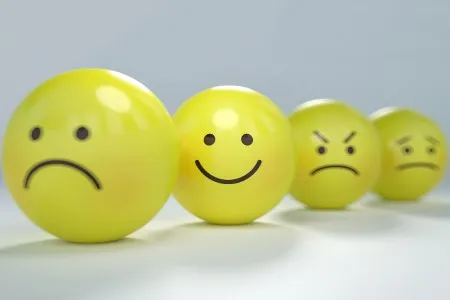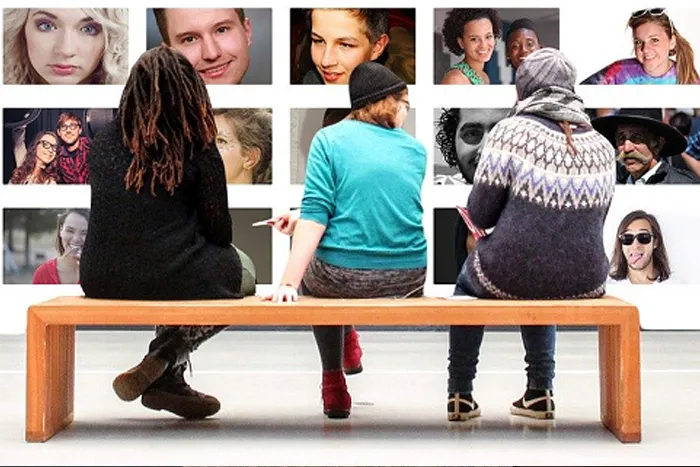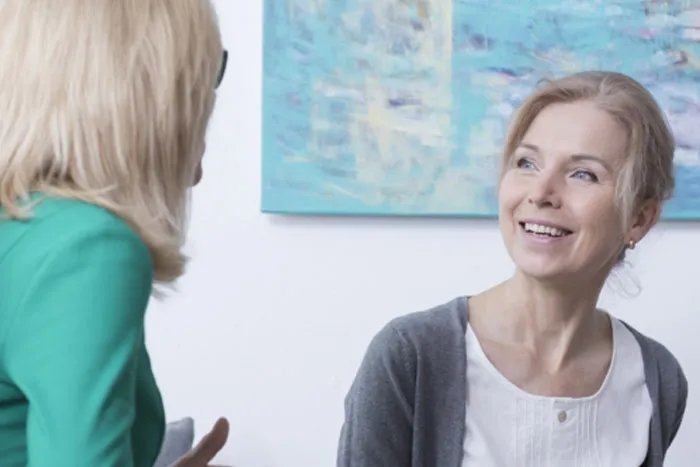Depression & Anxiety
It ain’t what you don’t know that gets you into trouble. It’s what you know for sure that just ain’t so.
-Mark Twain
What is depression and anxiety?
When people feel persistent sadness, emptiness, discouragement and/or hopelessness, we call that depression. Often people describe it as having no feelings. Often they appear tearful and also feel anxious. It is common to experience depression when we lose something or someone, or face significant disappointment.
There are many different subtypes of anxiety – generalized, social, specific phobias, panic disorders, etc. Generalized anxiety disorder (GAD) is experienced as worrying about the uncertainty of the future and fears of not being able to cope. The worries are usually pervasive and can be about health, work, life events and relationships. While it’s common to worry about important things not working out, patients with GAD have worry that is excessive to what is helpful. And often the excessive worry comes at considerable cost with respect to mental health, physical health and psychosocial functioning.
Symptoms of depression and anxiety can also happen secondary to a medical conditions like thyroid issues. They are common in patients with chronic dizziness and migraine. All of these factors and more need to be examined when looking for the mechanism of one’s depression and anxiety. And more importantly, for identifying approaches of getting out of depression and bringing about calm. If a general medical condition is ruled out, then someone is given the diagnosis of depression or generalized anxiety disorder when they satisfy their DSM V criteria.
The impact of depression & anxiety
About 80% of us will experience depression within our lifetimes. A large study was done in 2022 that revealed 7.6% of Canadians over 15 years old had depression. Generalized anxiety disorder was experienced by about 5% of the population. About 2/3 of those affected were female. Even more concerning is that this rate of depression and anxiety seems to be increasing nationwide, year after year.
Depression and anxiety often occur together. Most patients with one of these also have have other psychiatric problems like anxiety and substance use problems. They are also at more risk of other medical problems such as heart disease, diabetes, neurodegenerative conditions, etc. Depression and anxiety account for significant impairment and disability. One of the largest concerns with these illnesses is the increased risk of death by suicide.
How is depression and anxiety treated?
Broadly, treatment can involve medication, psychotherapy (like CBT and mindfulness), improving general medical conditions, lifestyle changes and interventions, and increasing social support. Initial treatment with medication leads to a positive response in about half of all patients. Psychotherapy like CBT has similar outcomes but has many positive advantages over medication:
- Benefits are longer lasting. Since CBT is training that rewires your brain, it changes you and “immunizes” you against future trials & tribulations.
- Fewer side effects
- Sexual Difficulties (62%)
- Feeling Emotionally Numb (60%)
- Feeling Not Like Myself (52%)
- Reduction In Positive Feelings (42%)
- Caring Less About Others (39%)
- Suicidality (39%)
- Withdrawal Effects (55%)
Who is a good candidate for psychotherapy like CBT and mindfulness?
Theoretically, everyone is a good candidate for these therapies. However, sometimes psychotherapy will expose you to uncomfortable thoughts and feelings and the best candidates are those prepared work through those. Having stability in life and general social support can help improve psychotherapy outcomes. As with any form of self-improvement training, what you get out will be proportional to what you put in. Those who are the best candidates are open to learning these skills and implementing them in day-to-day life. At first, there will often be setbacks, and practice can be time consuming. Patients who are willing to persistently work through that with a “scientific mind” (i.e., experiment and re-evaluation) are the best candidates for psychotherapy.
Relevant OHIP-funded Group Counselling
CBT-i services offered in...

Medical Assessment
OHIP-funded medical assessments for behavioural & lifestyle interventions






